Hi~~! This is mi 😆
One and a half months left this year. 😯 I feel the time passed so fast…
In this year, I did a looooot of things in especially Australia. I have lived in Australia for 1 year since 2018.8. I experienced a lot of new things for me. It was a wonderful year for me.
While, how does Japanese spend the end of the year and the new year’s day?? I write about that from bellow.
Can we take a long holiday in Japan??
Normally we can take 5~10 holidays from the end of the year to the new year. It’s depending on the company and job.
We normally spend with our family at home. For example, even I worked at Tokyo, I definitely went back to Hokkaido, which is my hometown, on the end of every year. My friends do so, too.
You can see various decorations and illuminations everywhere in the city and stores. We are waiting for the new year with excitement.
What does Japanese do on the end of the year?? 年末/大晦日
Year-end Party 忘年会
We hold a year-end party called “Bounen kai”. This means let’s forget this year. Especially let’s forget the bad thing in this year. We eat out and drink with our friends or co-workers. This is really common.
Clean our house 大掃除
In order to prepare for the next year, we have to clean our house thoroughly. Throw away the things that we don’t need, vacuum everywhere, and clean everywhere including the bathroom and toilet.
Write and send New Year’s card 年賀状
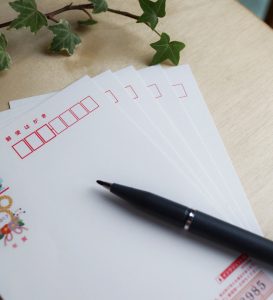
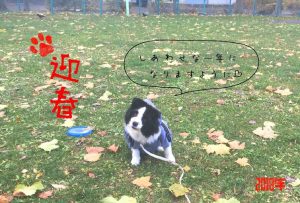
My New Year’s card in 2018
Writing New Year’s cards is really traditional practice. Basically we make our own card design and write the greeting and message on it, and then send it to the people who are involved with us such as friends, relatives and co-workers. Nowadays this practice is replaced with electronic ways like chatting. But I still love handwriting.
Eat special dinner ごちそう
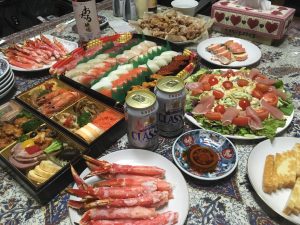
Family get together to celebrate the new year and eat a special dinner with watching TV and talking one another at home. We make dinner or take out a lot of special food. Especially in Hokkaido, we always eat a lot of special food including Osechi, which is a Japanese traditional new year’s dish, on the new year’s eve. I get fat every year.
Eat soba to live long 年越しそば
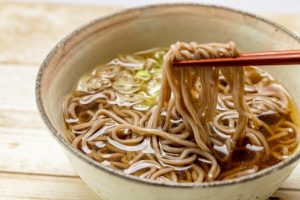
Soba noodle is thin and long. That is why, we eat soba to live long like soba. This practice has continued since the Edo period.
I usually eat too much food for dinner on this day, after dinner I couldn’t eat many soba.hahaha
Take a bath or hot springs 年の湯
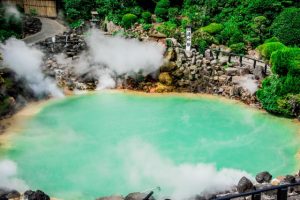
Wash your body and take a bath to clean one year dirt before the new year. We usually go to a hot spring on the end of the year. It’s really refreshing.
Joya no Kane 除夜の鐘
Joya no Kane is hearing bells on new year’s eve. Its sound is low and loud. It had a solemn and mysterious atmosphere. We can ring this bell by ourselves.
What does Japanese do the new year’s day in Japan ?? 年始/新年
Eat Osechi おせち
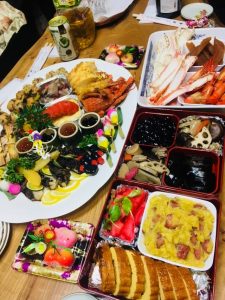
Osechi is a Japanese traditional new year’s dish assorted many kinds of Japanese food. Normally we eat this on the new year’s day, but some of Hokkaido people eat it on the new year’s eve.
Some people make it by themselves, some people order it in advance.
Eat Ozouni お雑煮
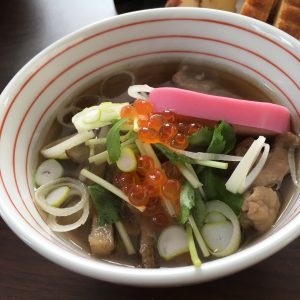
Ozouni is a Japanese traditional new year’s soup with rice cakes and root vegetables. My grandmother and mother make it with rice cakes, root vegetables, chicken, and salmon roe. It is really delicious.
New Year’s party 新年会
We hold a new year’s party called “Shinnen kai”. This means let’s make this new year good. We eat out and drink with our friends or co-workers. This party is common in Japan.
Give out Otoshidama お年玉
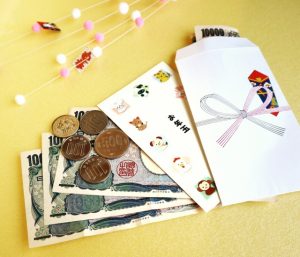
We give out new year’s money called “Otoshidama” to the kids. Until when I was a student, I was given Otoshidama by my parents and relatives. I was really looking forward to be given this money. haha
Hatsumoude 初詣
Hatsumoude is the first shrine or temple visit of the year. We visit the shrine or temple to pray for a good year. And then we draw a fortune slip called “Omikuji”. The levels are like this:
大吉(Dai kichi) – Excellent luck
吉(Kichi) – Good luck
中吉(Chu kichi) – Fair luck
小吉(Sho kichi) – A little luck
末吉(Sue kichi) – Uncertain luck
凶(Kyo) – Bad luck
My father got 凶(Bad luck) two years ago. haha
Listen to Koto music♪
It is traditional to listen to Koto,Japanese harp, or play it, but thesedays only few people can play the Koto.
Koto’s sound is really healing. I love it.
Actually I am an associate grand master of Koto\(^o^)/
I love these Japanese practices. What are differences from your town??
Although it’s too early to prepare the new year, I just say have a happy New Year in advance!!(=゚ω゚)ノ
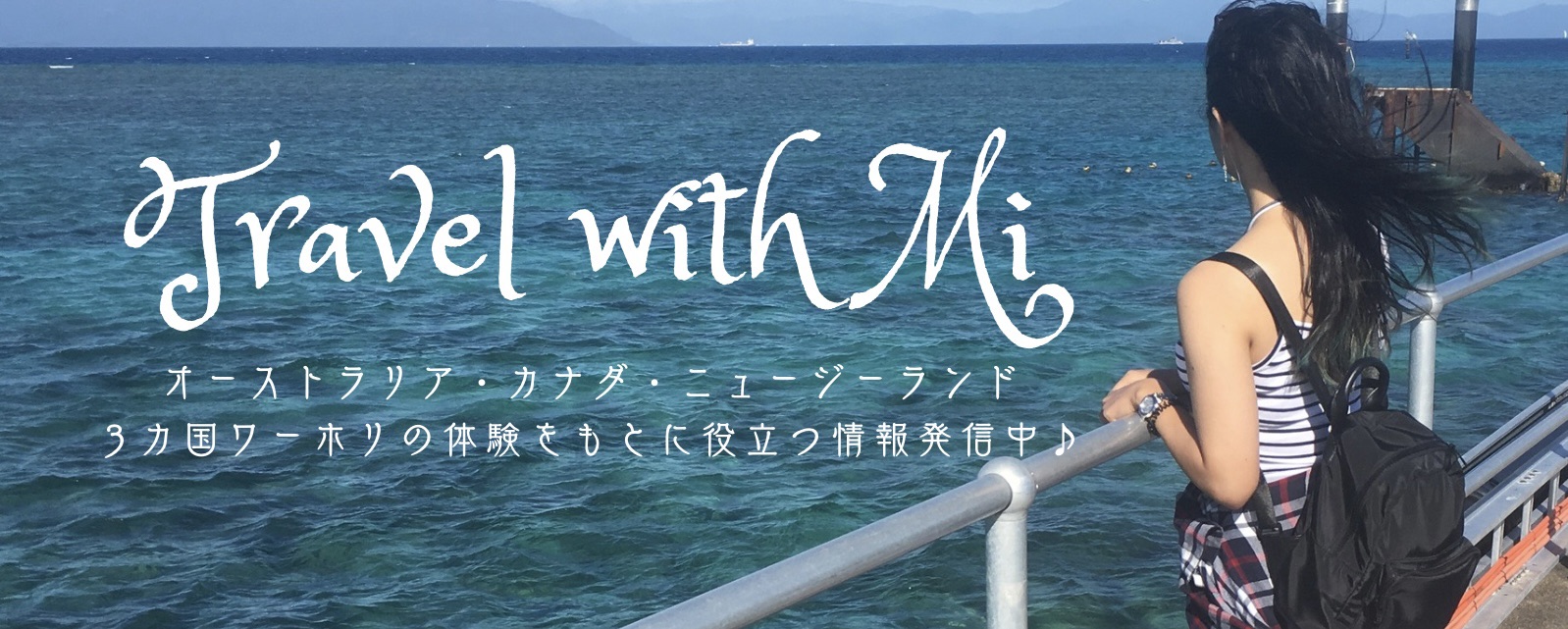
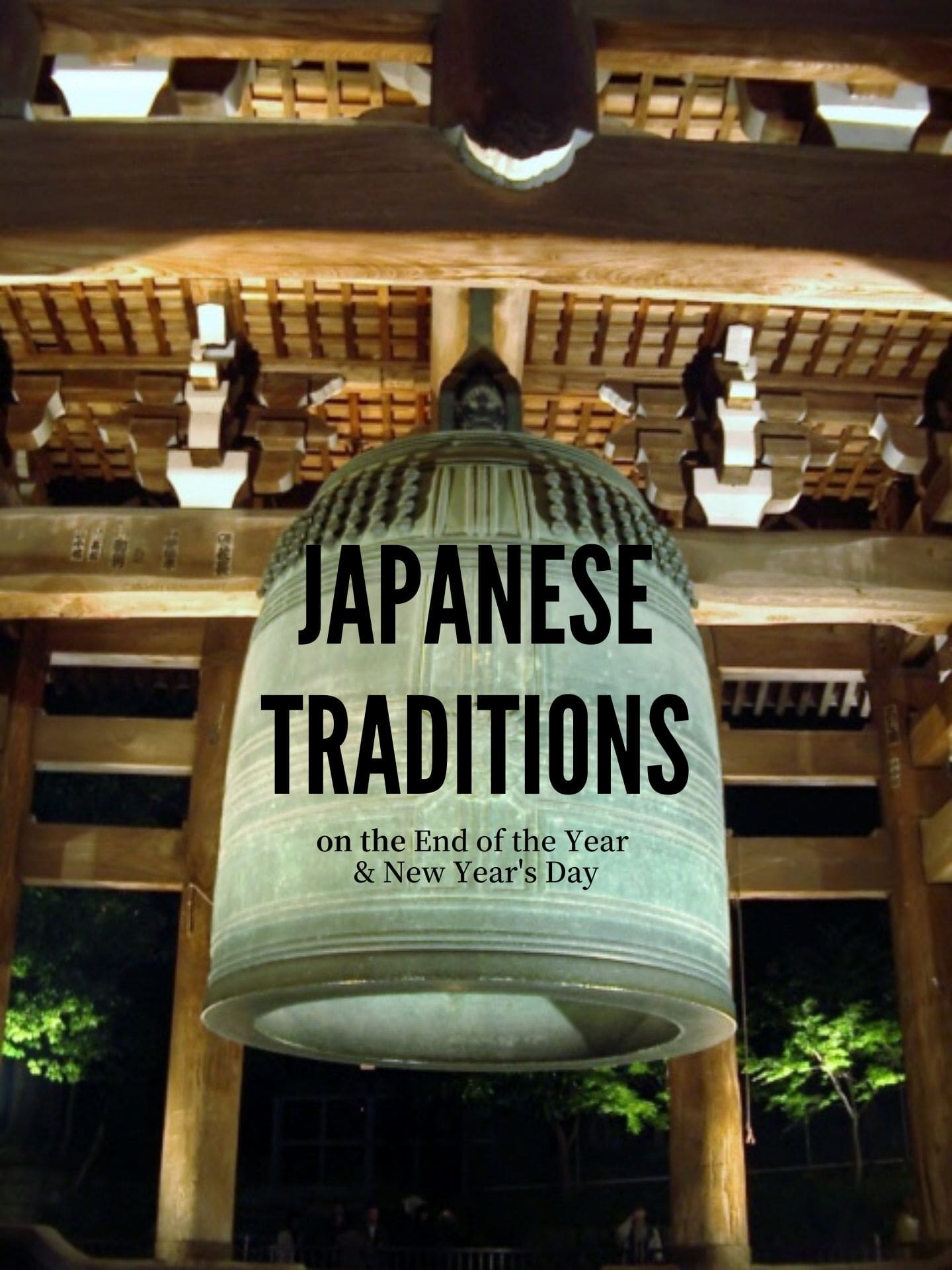
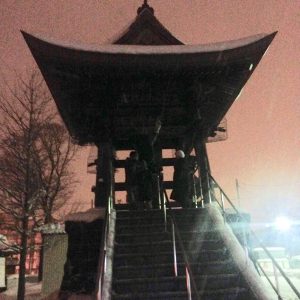
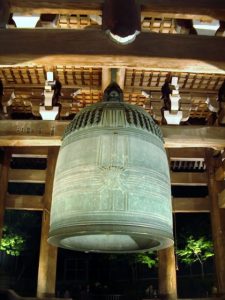
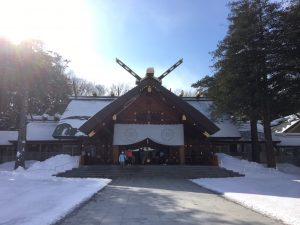
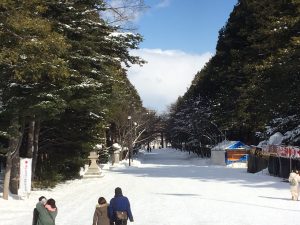
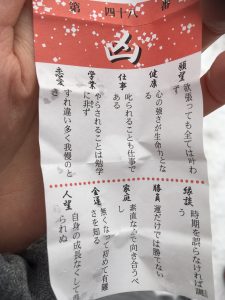



Comments